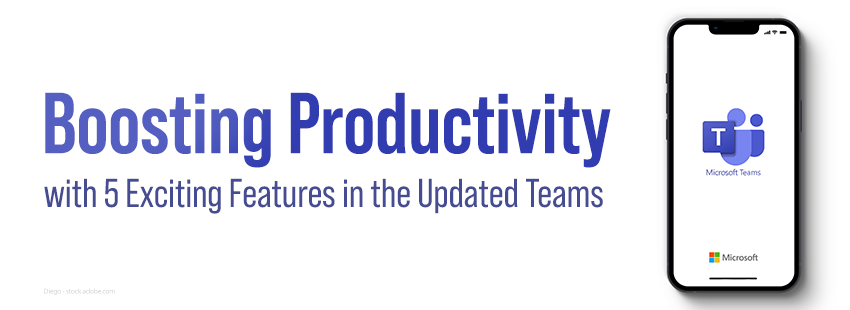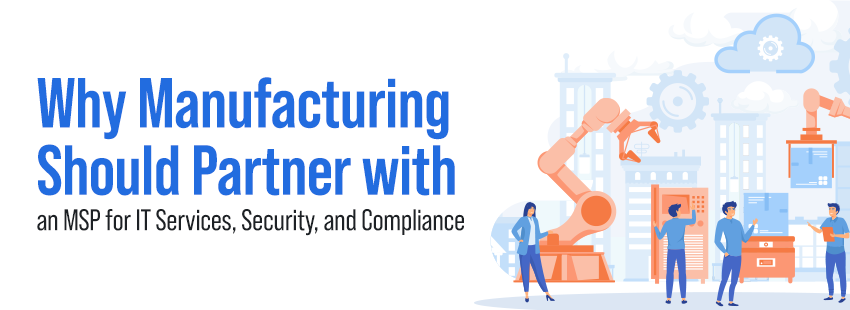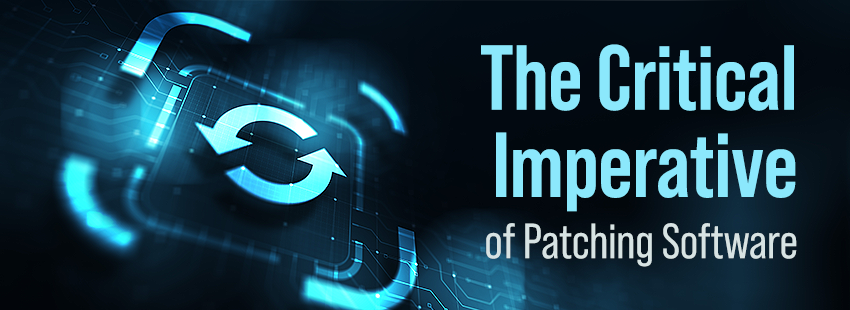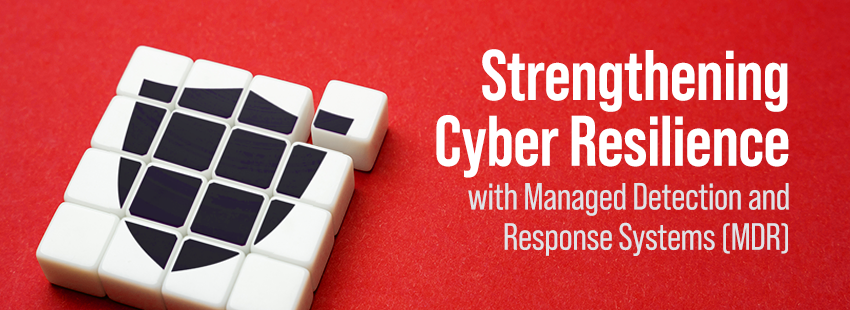Increasing concerns over cyber threats have forced software companies, including Microsoft, to take more of a security-centric approach to their solutions, but if their customers don’t act, especially when the proper safeguards are no longer in place, the results could prove to be disastrous.
While Windows 10 is known to be more secure than previous versions of Windows, some businesses haven’t taken the leap, leaving themselves vulnerable to cyber attacks.
How important is it to properly secure your networks?
If you’ve been watching the news, you’re aware that nobody is safe from cyber security threats.
Globally, data breaches have impacted organizations of all sizes, including Aadhaar, Marriott International, Quora, Facebook and T-Mobile. If hackers can get past their security measures, how easy would it be for them to infiltrate your databases? Think about it.
The recently-released 2019 Verizon Data Breach Investigation Report (DBIR), which tracked nearly 42,000 security incidents around the world, including approximately 2,000 data breaches — opened the eyes of many entrepreneurs across the country — especially small business owners.
Small businesses accounted for 43% of all data breaches, according to the report, which was compiled using data from 86 countries, but not all employees are targeted equally.
For example, executives are more likely to become victims of certain attacks than their underlings.
C-level executives are 12 times more likely to be the target of social incidents (social-engineering attacks, such as phishing or bating), and nine times more likely to be the target of social breaches than in previous years, the report found.
These attacks tend to be financially motivated, too.
As to how security attacks occur, there are many ways; however, if your systems aren’t up to date, you’re leaving your network unprotected.
Still using Windows 7? There’s still time to upgrade to Windows 10
Unfortunately, if you’re still operating your business on Windows 7 (in fact, nearly 36 percent of PCs are still running it), you’re going to have to make some calculated decisions in the immediate future.
Support for Windows 7 is ending, which means Microsoft will no longer deliver security updates to PCs running the operating system (OS) after January 14, 2020.
Once support ends for Windows 7, your PC will become more vulnerable to security risks if you continue to use it.
To avoid putting your business at risk, your best option is to upgrade your PCs to Windows 10.
Windows Security — what Windows 10 offers your PCs and devices
Unlike other operating systems, Windows 10 has Windows Security built-in, which includes an antivirus program called Windows Defender Antivirus, Windows Firewall and other features to ensure your PCs and devices are protected from the evolving threat landscape.
To protect your network from malicious software, security threats and viruses, Windows Security, formerly known as Windows Defender Security Center, regularly scans your devices and PCs for suspicious and malicious activities (what’s known as behavior monitoring). This is only one of the many ways Windows Security provides always-on protection, which helps with identifying malware.
Additionally, Windows Security, through its cloud-delivered protection, automatically updates your Windows 10 devices and PCs with the latest features and security enhancements.
The last thing you want to do is put your business at risk by opening it up to malicious threats stemming from an ever-changing cyber threat landscape.
Avoiding cyber attacks isn’t easy (even professionals find the task challenging at times), but if you take the proper precautions — such as upgrading your OS when its support is coming to an end — cyber criminals will have a tougher time breaching your network and move on to the next one.





